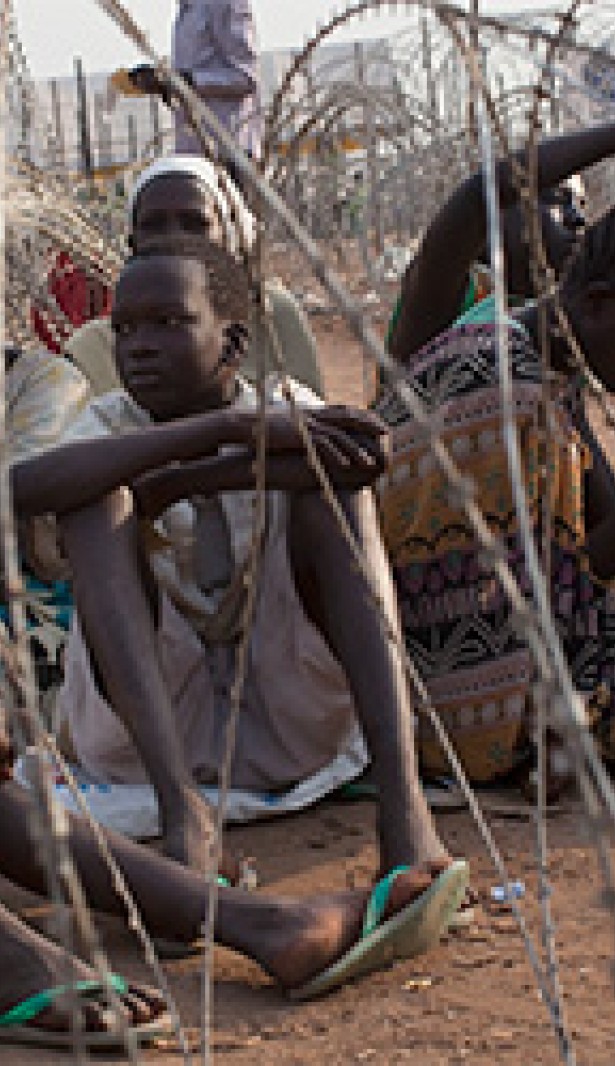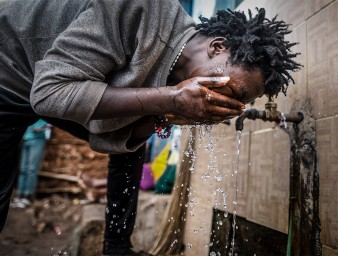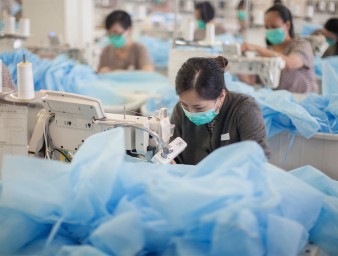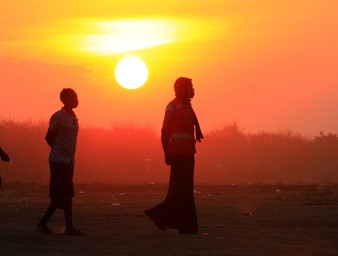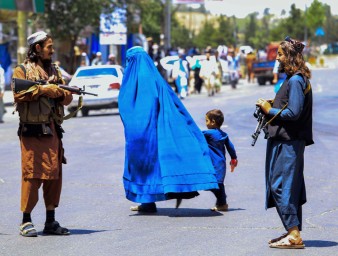South Sudan: Possible war crimes and crimes against humanity
23 February 2018
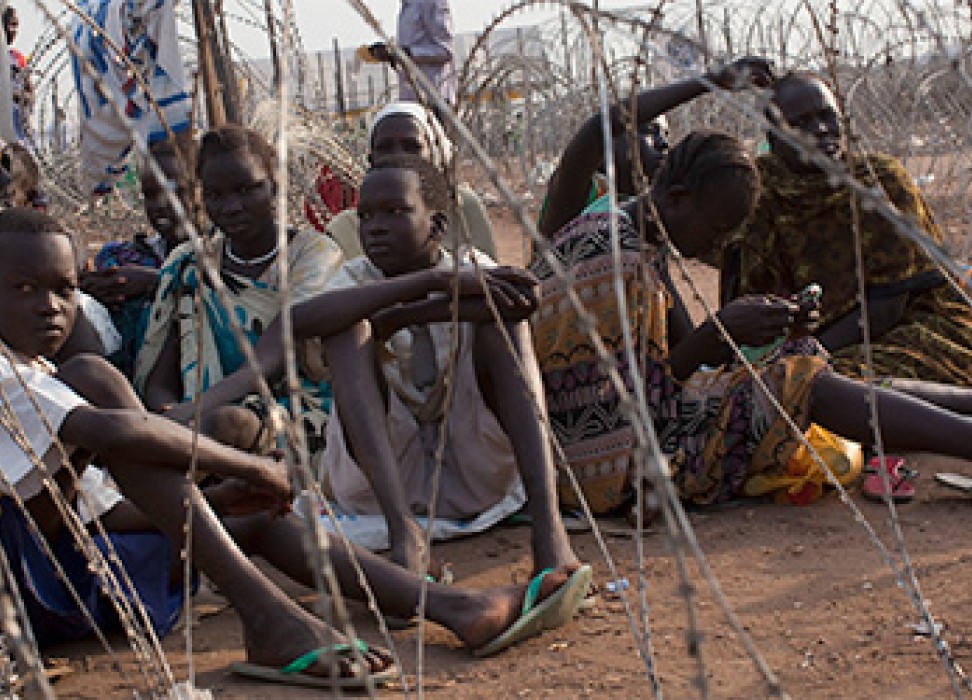
The ongoing conflict in South Sudan could amount to crimes against humanity and war crimes. A report by a team of UN experts describes the attacks as part of a widespread or systematic attack directed against civilians.
Andrew Clapham, a member of the Commission, in an interview in Geneva, said: “It is the fact that it is part of a systematic attack against the civilian population. So in some of the instances in the report you will read that we determine that there was no military objective to be attacked by the government forces.”
“They attacked the civilian population with a view, we feel, to driving out that civilian population,” he added.
“So that constitutes crimes against humanity to the extent that it is part of a widespread attack on the civilian population. And then, within that you have the killing, the torture and the rape, unfortunately. Where that gives you the actual crime against humanity. So there are these two things: the human rights violations and in addition the fact that it is systematic or widespread against the civilian population.”
Tens of thousands of people have been killed since the war broke out in December 2013, it has left at least two million people displaced and created a growing humanitarian crisis.
The UN Commission on Human Rights in South Sudan also lists a range of human rights violations taking place, in the world’s newest nation – since July 2011.
“The key violation is unfortunately the right to life. There are multiple instances of sexual violence, invasion of personal security; we have instances of torture and then of course there are the more widespread issues, denial of education, healthcare, housing,” Clapham said.
The report also notes that the conflict in South Sudan, which began in 2013, has morphed into several conflicts driven by contexts, including historical elements, targeted ethnic attacks, localized land and resources, control and power.
Civilians have borne the brunt of the conflict.
Citing the report, Clapham said: “Civilians are sort of ritually humiliated if they are caught by parties to the conflict. That involves sexual violence, also executions in front of the family members. But many families as you know have had to flee their houses and leave across the country to try and find refuge either within South Sudan or over in the border.”
Sexual and gender based violence also feature prominently in the conflict. Children have not been spared and are heavily impacted by the violence, through killings, maiming, recruitment of child soldiers as well as attacks on schools or hospitals. Posing risk of that a generation will be denied education.
“Children are denied the right to go to school and it looks as though that could happen for several years so that means, essentially, that one generation of children remains uneducated. It is not too late to start to focus on education, money should be poured into that. And we are urging the government to focus on education as an immediate priority,” Clapham observed.
The Commission calls for peace and justice for the victims. A key recommendation is a hybrid court by the African Union and the setup of a fund to provide reparations for the civilians.
Clapham recounted the report’s recommendations: “The State remains responsible for its violations against International law, including the African Charter and we are calling on the State to provide reparations to continue investigations into these events and punish the individual perpetrators.”
Other recommendations include the setup of a truth and reconciliation commission and psychological support.
23 February 2018
